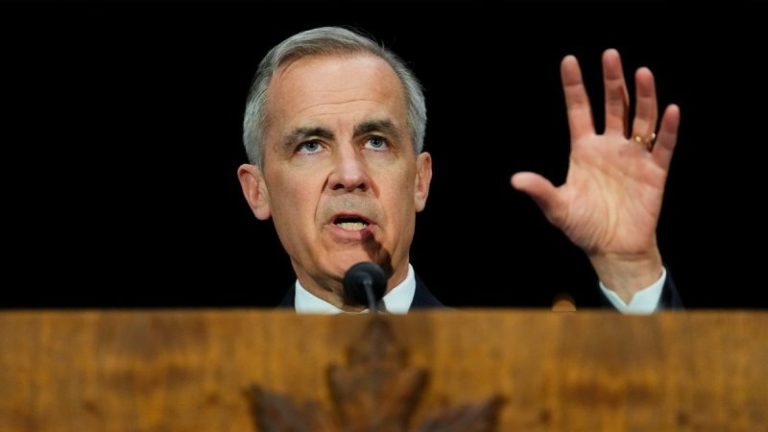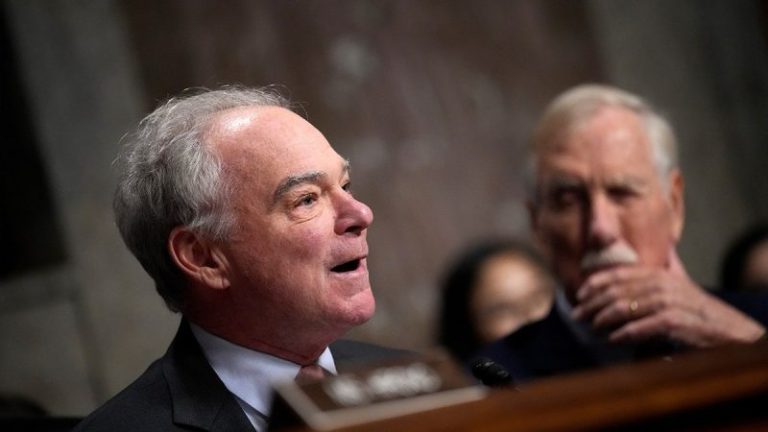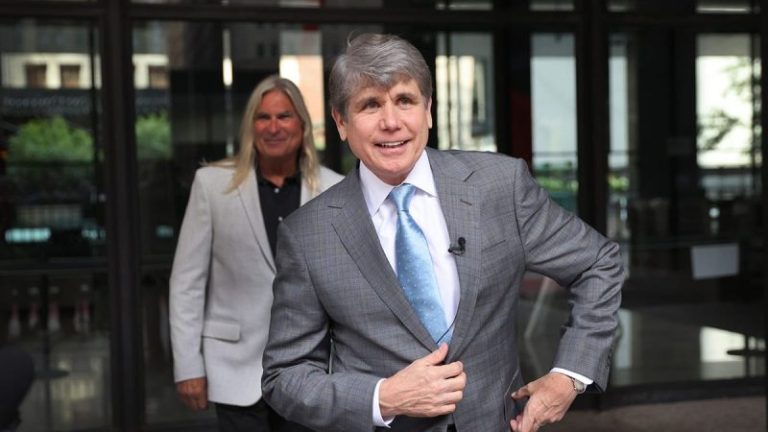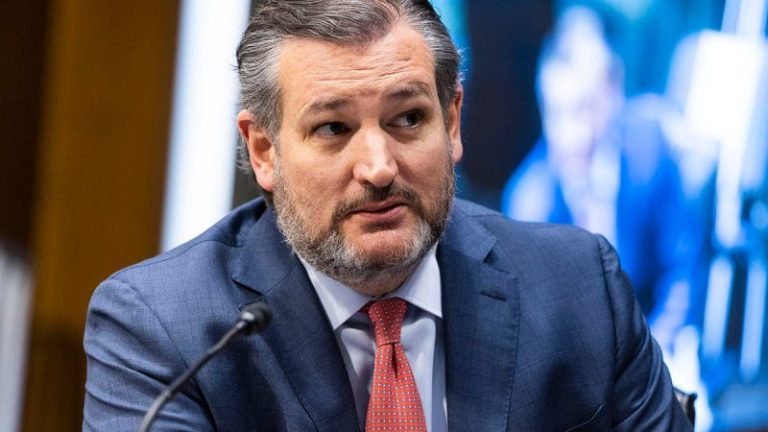As Canada prepares for a federal election, the Prospectors & Developers Association of Canada (PDAC) is pressing political parties to commit to long-term support for the Mineral Exploration Tax Credit (METC), emphasizing its crucial role in sustaining the country’s resource exploration industry.
While the Liberal government announced a two year METC extension earlier this month, PDAC is urging the next government to put a 10 year extension in place once Parliament returns. It believes this will provide the stability needed to attract investment in mineral exploration, particularly in remote and Indigenous communities.
“Since its introduction in 2000, the METC has been indispensable to mineral exploration across the country — helping to generate billions in equity, creating jobs, supporting remote and Indigenous communities, and enabling major discoveries that feed into Canada’s broader mining ecosystem,” said PDAC President Karen Rees on Monday (March 31).
“For every dollar the government forgoes, multiple dollars flow back into Canada’s economy, with rural, remote, and Indigenous communities seeing substantial benefits,’ she added.
PDAC has included this recommendation in its broader election platform roadmap, which also calls for regulatory reforms to accelerate project approvals and enhance Canada’s competitiveness in the global critical minerals market.
Conservative Party’s mining commitments
Conservative Party Leader Pierre Poilievre has positioned mining and resource development as a cornerstone of his economic plan, pledging to fast-track permitting for major mining projects.
Poilievre has committed to setting a six month deadline for approving all federal permits in Ontario’s Ring of Fire region, along with a C$1 billion investment over three years to develop essential road infrastructure that will connect mining sites to Ontario’s highway network and First Nations communities.
“Unlocking the Ring of Fire will be life-changing for Northern Ontario towns and First Nation communities, galvanized by thousands of paycheques and modern infrastructure,” he said in a press release. “We could boost our economy with billions of dollars, allowing us to become less dependent on the Americans, while our allies overseas would no longer have to rely on Beijing for these metals, turning dollars for dictators into paycheques for our people.’
Beyond the Ring of Fire, Poilievre has proposed a ‘shovel-ready zones’ initiative, which is aimed at establishing pre-approved permits for large-scale resource and energy projects.
The Conservative platform also includes broader efforts to reduce regulatory barriers, promising a pre-approved national energy corridor to streamline infrastructure development across the country.
On the financial side, Poilievre has announced plans to defer capital gains taxes for investors who reinvest in Canadian projects, a move he says will serve as ‘rocket fuel’ for domestic investment, including in mining and critical minerals.
Liberal Party’s approach to mining
The Liberal Party, under leader Mark Carney, has focused on expanding Canada’s role in the global critical minerals supply chain while balancing environmental and Indigenous concerns.
Carney has emphasized trade diversification and infrastructure investments, including a C$5 billion Trade Diversification Corridor Fund aimed at supporting industries like mining that are essential for Canada’s export economy.
‘Canada must diversify and expand its trading relationships by becoming an essential partner for like-minded countries, drawing on our vast resources of conventional and clean energy, critical metals and minerals, leadership in [artificial intelligence] and deep human capital,’ Carney states in his campaign material.
While the Liberals have not proposed the same level of permitting acceleration as the Conservatives, they have pledged to maintain existing federal tax credits for clean technology and critical mineral production.
Carney’s platform also includes funding for workforce training and economic partnerships with Indigenous communities to ensure they benefit from resource development projects.
Path forward for Canada’s mining sector
With both major parties acknowledging the importance of mining to Canada’s economy, the 2025 election will be critical in shaping the future of mineral exploration and development.
Regardless of which party wins, industry experts believe that mining will be a central pillar of Canada’s economic strategy. The urgency to secure domestic mineral supply chains, exacerbated by US tariffs and shifting global trade dynamics, has made support for mining a rare point of agreement.
With the election shaping up to be a close race, mining sector stakeholders will be watching closely to see how political promises translate into actionable policies.
Canadians will head to the polls on April 28.
Securities Disclosure: I, Giann Liguid, hold no direct investment interest in any company mentioned in this article.










